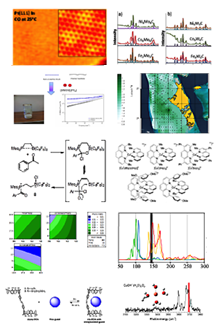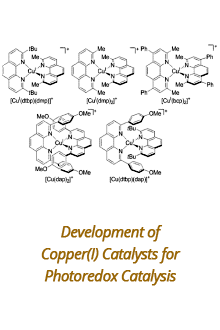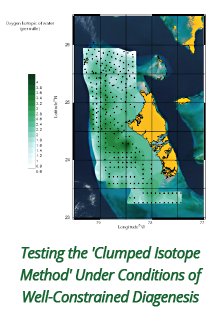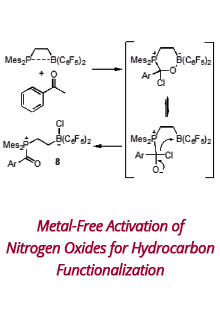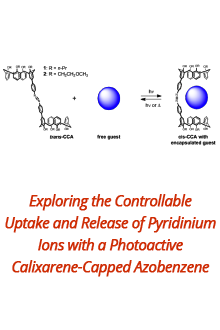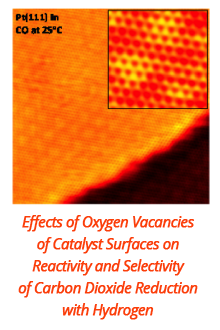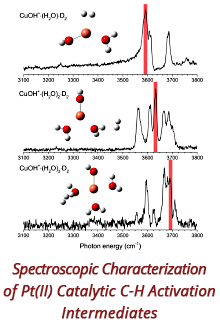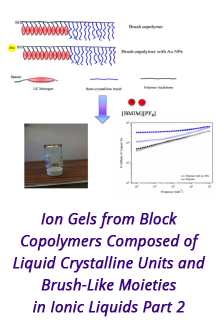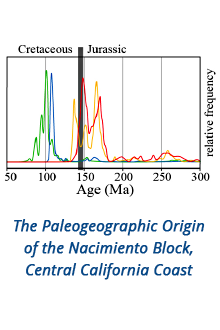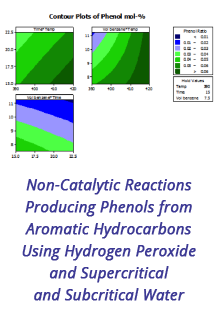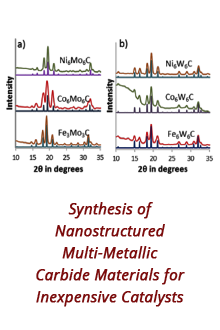Reports: SES54160-SES: ACS Summer School on Green Chemistry and Sustainable Energy
Mary Kirchhoff, PhD, American Chemical Society
Students participated in a series of interactive lectures presented by experts on green chemistry and sustainable energy. Staff from the American Chemical Society’s Petroleum Research Fund and Education Division provided information on proposal writing and careers, respectively. The instructors and titles of their presentations are provided below:
Eric Beckman, University of Pittsburgh
- Green Business Creation for Chemical Scientists
Joan Brennecke, University of Notre Dame
- Greening Fossil Fuels
- Energy Applications of Ionic Liquids
David Constable, ACS Green Chemistry Institute®
- Sustainable and Green Chemistry by Design
- Greening Your Research – Practical Tools You Can Use Now
Ken Doxsee, University of Oregon
- Green Chemistry in the Organic Teaching Laboratory
Dean Dunn, American Chemical Society
- Writing Competitive Research Grant Proposals
Philip Jessop, Queen’s University
- Choosing the Greenest Synthesis
- Greener Solvents
Mary Kirchhoff, American Chemical Society
- Green Chemistry: Principles and Practice
- ACS Resources for Graduate and Postdoctoral Scholars
Shyam Kocha, National Renewable Energy Laboratory
- Fuel Cells
Ryan Richards, Colorado School of Mines
- Nanostructured Materials for Green Catalysis
- Zen and the Art of Scientific Writing
Student groups engaged in a modified Life Cycle Assessment (LCA) exercise led by Philip Jessop of Queen’s University. The groups assessed alternate routes to the same target molecule with respect to metrics such as bioaccumulation, ozone depletion potential, global warming potential, and persistence. Students gave oral presentations on the results of their exercise to the entire Summer School.
Students viewed the “documentary” FrackNation, and engaged in a lively discussion following the film. Discussion focused on the viewpoint presented in the video, along with information on fracking presented during Joan Brennecke’s talk.
Poster sessions provided an additional opportunity for students to share their research and gain insights into greener approaches to research. Forty-nine students presented their research during two evening poster sessions.
The Summer School has been running continuously since 2003, and participants continue to rate the program very highly. In response to the statement, “The best thing about the course was…” students offered the following observations:
- Learning new things about energy sustainability, having a better idea of green chemistry and the principles, and practical ways to applying these to my research now and in the future.
- Meeting people with different points of view from all over the Americas and even Europe! Helps with critical thinking.
- The diversity in the presentations. I learned so many new things and can’t wait to read up on them.
- Networking, getting so much exposure about some of the current hot topics, interactions, and it was fully funded and well managed.
- Poster session discussion was exceptional! Could have spent another 2 hours discussing others’ projects.
- The critical thinking and discussions between the students and presenters was very useful and enlightening for me. I also really enjoyed the group project, not for the number crunching but for the teamwork experience.
Students provided suggestions for improving the program, such as reducing the number of synthetic routes in the LCA exercise and providing more time for poster sessions. Participants also suggested topics, including a greater focus on chemical engineering, wind and solar energy, batteries, and mechanochemistry, for future Summer Schools.
The appreciation of the students for this program was summarized by one student who wrote, “This is a great initiative by ACS. I thank all the organizers and sponsors from the bottom of my heart who put in efforts to train the younger generation to be careful about the resources for the future.”

